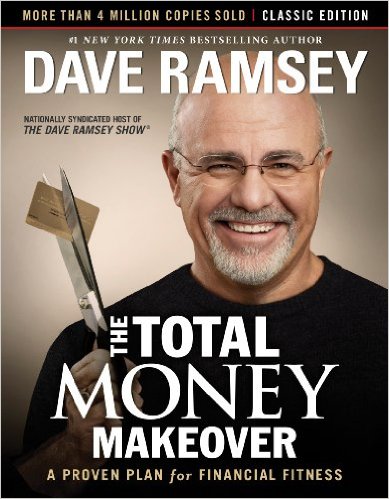
Over-spending for children
What you spend on cute clothes, sophisticated toys and even educational apps must be subtracted from what you expect to live on after you are through working. Better to spend conservatively and save money for your children’s college funds.
Not discussing finances before marriage
Getting married without discussing finances can be destructive. If by your 30s you have not learned to negotiate financial options, you could be in trouble. Money issues can become serious marital conflicts, leading to divorce or ongoing clashes. Learn to talk about finances and how to set monetary goals together.
Ignoring debt
Coping with consumer debt well into your middle years can be worrisome. There are always excuses to burden yourselves with debt. Children and the ordinary crises of life are among them. But ignoring debt can come back to haunt you. Budget aggressively, live thriftily, earn as much as you can and try to anticipate retirement free of consumer debt.
Keeping up with the Joneses
Over-extending for things like a house and/or cars is another pitfall. Temper your desires to have everything and to give your children everything and you’ll find yourself better prepared to make do in your retirement years. People don’t really need a huge house and several vehicles to rear happy children. Keeping up with the Joneses occupies the minds of too many of those in their 30s. Remember that the Joneses probably are trying to keep up with someone else up the ladder. Be reasonable. Buy within your means and put something aside for later.
Not leaving a will
Make out a will or set up a trust for your kids and your spouse. Save them the hassle of trying to sort things out in case of your passing. Set up a power of attorney and power of healthcare so things don’t get sticky at that point. Ditto life insurance. If you unexpectedly leave your family when they are still depending on your income or time, you need life insurance, enough to cover their needs, not just the minimum usually offered by an employer. Consider disability insurance. In your 30s, the chances of becoming disabled are greater than early death.
Ignoring investments
Re-evaluate retirement goals now and again. By 30, your income probably has increased. Re-calculate to ensure that your retirement will support the lifestyle you want to retain. Pay attention to how your investments are performing relative to those goals. Readjust if necessary to meet goals and risk tolerance. Find a capable financial planner to help you.
Not starting a college fund when kids are young
Don’t wait until your child/children are ready to go to college to prepare financially for that expensive undertaking. Put money into an online savings account toward that eventuality. Find ways, if possible, to enlarge your education savings. Some adults at this time of life, too, consider going back to school to enhance their employment possibilities. Be certain to carefully study how much you can expect to gain by more schooling before you enroll. You could be making an expensive mistake.
Not pursuing other income opportunities
Diversify your income. The days are essentially gone when you could expect to work for one employer throughout your life. If you have a hobby that can be converted to income, pursue it. Job loss is no longer uncommon and you may need fallback sources to get you from one job to another. Taking good care of your personal finances in your 30s could pay big dividends down the road. Pay attention.


